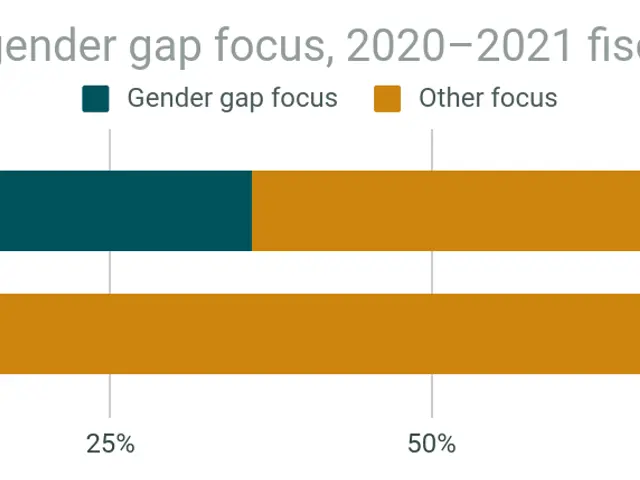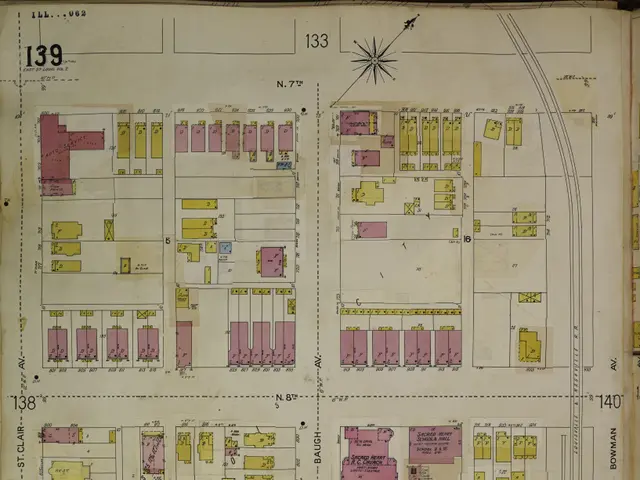Duration of Confirmation: Exploring Timelines and Obligations
Confirmation, a significant rite in various religions, marks the affirmation of a baptized person's Christian belief and their transition to becoming a full member of the church. This article will delve into the preparation process, the role of mentors, and the ongoing commitment to faith and community that follows confirmation.
Clergy can provide valuable insights and guidance on matters of faith, offering support and encouragement during times of difficulty. They play a crucial role in the confirmation process, providing spiritual guidance and support throughout the journey.
The preparation duration for confirmation varies across Christian denominations. Catholic preparation typically lasts about one to two years, including classes, retreats, and other activities. In contrast, Protestant denominations may have shorter or different formats based on local church practices. Factors influencing the duration include the candidate's previous religious education, the complexity of confirmation teachings, and pastoral guidelines.
One of the key aspects of confirmation preparation is catechesis, the formal instruction in the beliefs and practices of the faith. This involves classroom sessions, readings, discussions, and interactive activities designed to deepen the candidate's understanding of their faith.
Retreats are opportunities for candidates to focus on their spiritual development, often involving prayer, reflection, group activities, and opportunities for personal growth. These retreats provide a space for candidates to connect with their faith on a deeper level and reflect on their commitment to living out their faith in the world.
Active participation in church life is another essential component of confirmation preparation. This includes attending worship services, volunteering in various ministries, and contributing to the financial support of the church. By actively engaging in church life, candidates demonstrate their commitment to their faith and their desire to be an active member of the community.
Mentorship is another crucial element of the confirmation process. Mentors, often adult members of the church, guide candidates through the confirmation process, offer support, and share their own experiences of faith. Mentors can provide a personal connection and offer practical advice based on their own experiences, serving as role models and helping candidates stay on track with their confirmation preparation.
Service projects provide opportunities for candidates to put their faith into practice by helping those in need, working for social justice, or contributing to the well-being of their community. These projects allow candidates to live out their faith in the world, demonstrating their commitment to their beliefs and their desire to make a difference.
After confirmation, individuals are encouraged to continue growing in their understanding of faith, actively participating in the life of the church, and living out their faith in the world. This ongoing commitment involves continuing faith formation, such as reading theological books, attending Bible studies, participating in workshops and seminars, and engaging in conversations with other believers.
Family members can also play a significant role in the confirmation process, providing a sense of belonging and support. They help candidates integrate their faith into their daily lives and encourage them to continue growing in their faith long after the confirmation ceremony.
In conclusion, confirmation is a significant milestone in one's faith journey, but it is not the end; it marks the start of a deeper commitment to living out one's faith in everyday life. Through the preparation process, candidates learn about their faith, engage with their community, and grow in their understanding of their role as a member of the church. By continuing to seek spiritual guidance, participating in church life, and living out their faith in the world, individuals can deepen their commitment to their faith and make a positive impact in their communities.
Read also:
- Peptide YY (PYY): Exploring its Role in Appetite Suppression, Intestinal Health, and Cognitive Links
- Toddler Health: Rotavirus Signs, Origins, and Potential Complications
- Digestive issues and heart discomfort: Root causes and associated health conditions
- House Infernos: Deadly Hazards Surpassing the Flames








